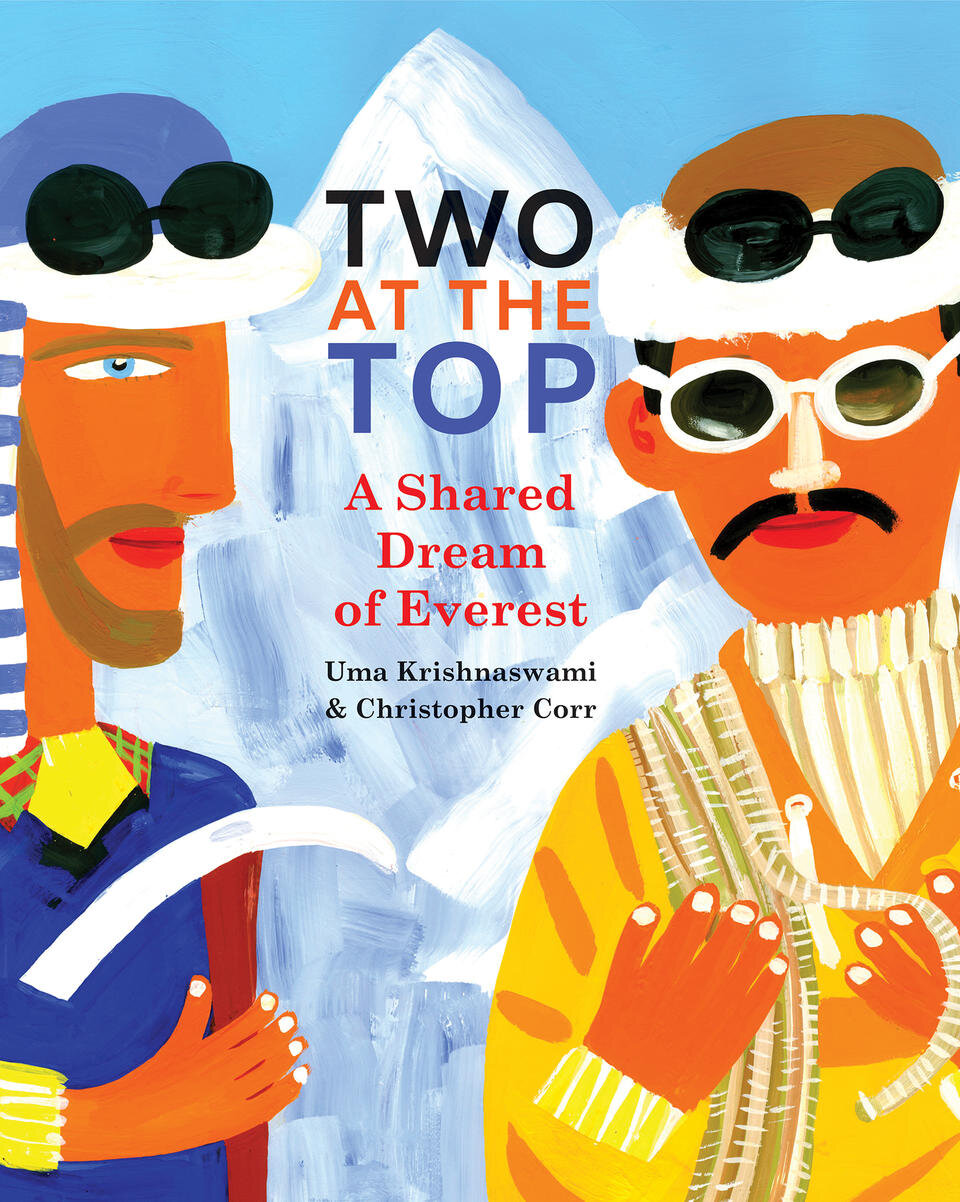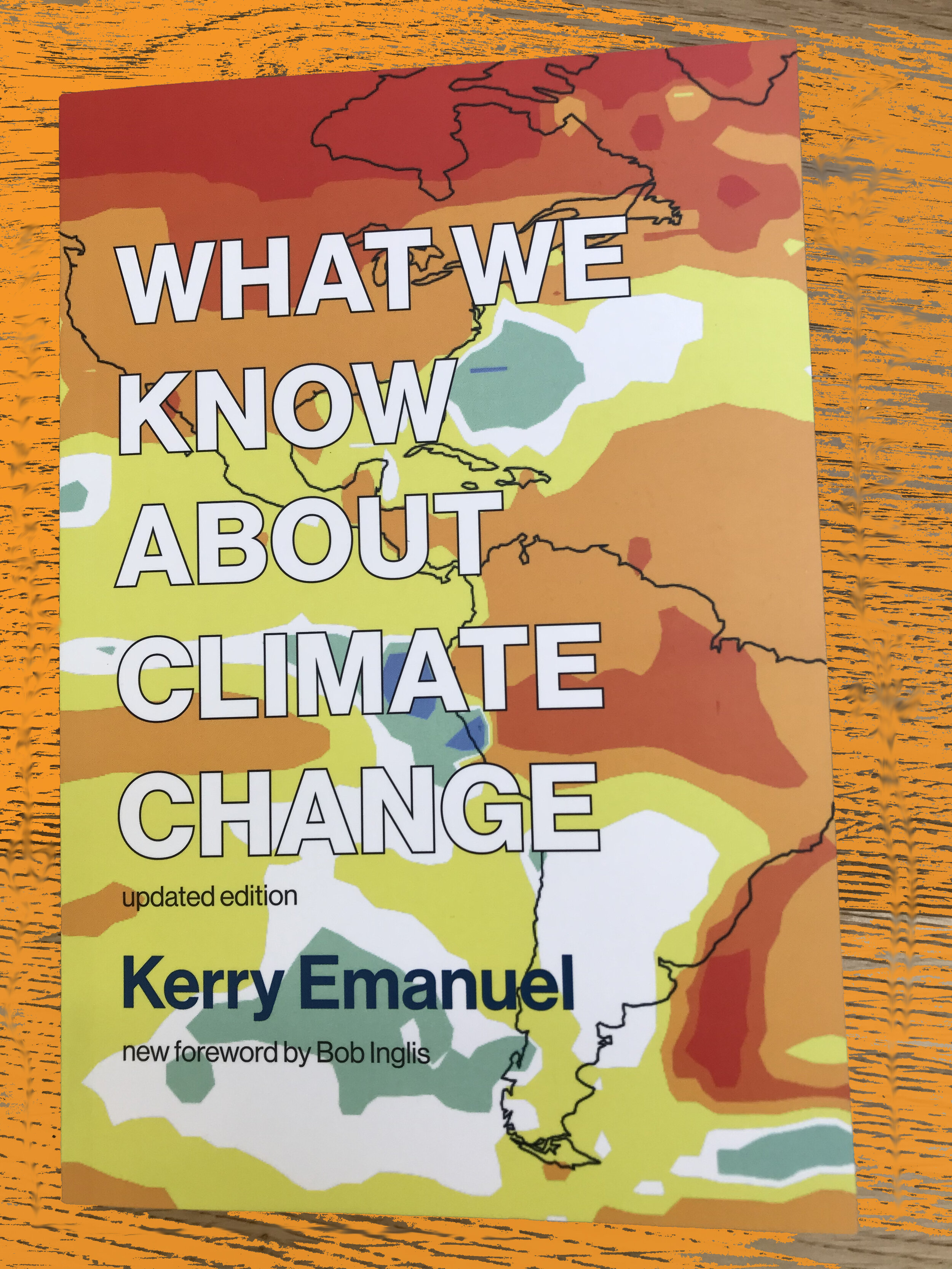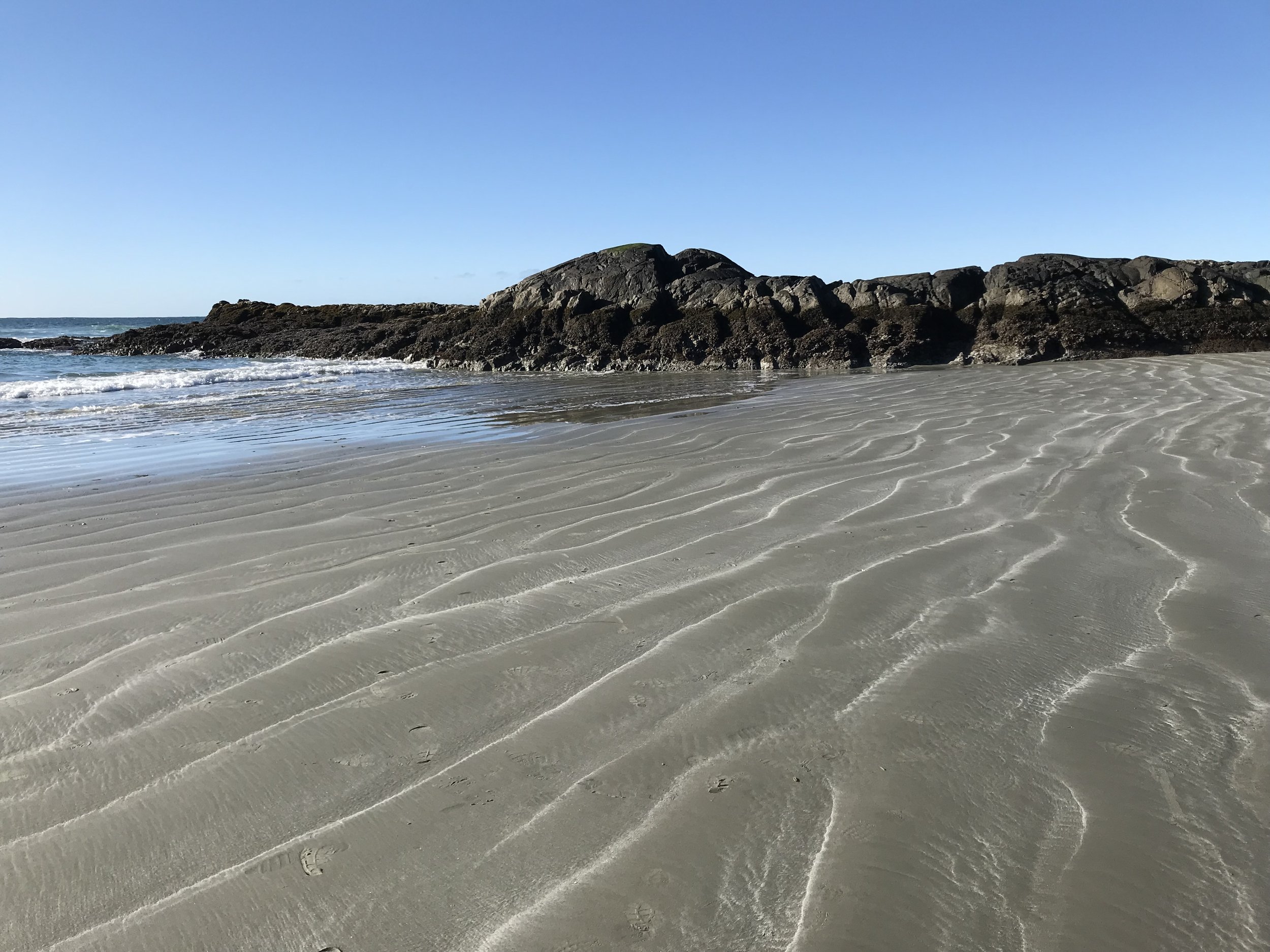
Writing With a Broken Tusk
Writing With a Broken Tusk began in 2006 as a blog about overlapping geographies, personal and real-world, and writing books for children. The blog name refers to the mythical pact made between the poet Vyaasa and the Hindu elephant headed god Ganesha who was his scribe during the composition of the Mahabharata. It also refers to my second published book, edited by the generous and brilliant Diantha Thorpe of Linnet Books/The Shoe String Press, published in 1996, acquired and republished by August House and still miraculously in print.
Since March 2024, Jen Breach (writer, VCFA graduate, and former student) has helped me manage guest posts and Process Talk pieces on this blog. They have lined up and conducted author/illustrator interviews and invited and coordinated guest posts. That support has helped me get through weeks when I’ve been in edit-copyedit-proofing mode, and it’s also introduced me to writers and books I might not have found otherwise. Our overlapping interests have led to posts for which I might not have had the time or attention-span. It’s the beauty of shared circles.

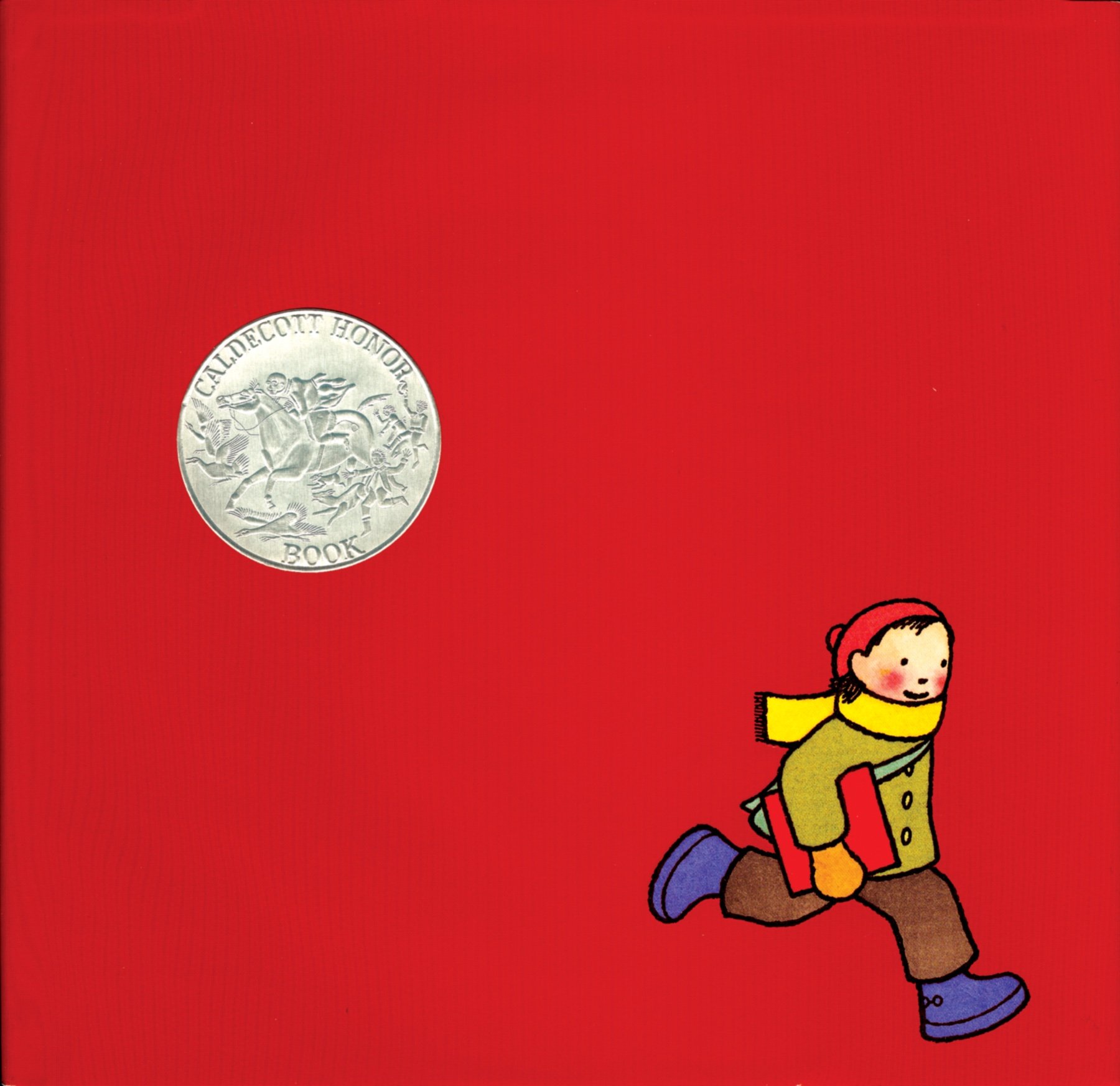
A Book About a Book
I love books about books. Here’s one that I find endlessly fascinating. It was a beautiful work when it was published in 2004 but like so many things in the world, The Red Book by Barbara Lehman unpacks in a whole new way in this era of Covid. It’s about travel and the imagination—a link we’re forced to make today as travel continues to be fraught with difficulty. It’s about seeing others, in a time when reaching out to people has never been more important.
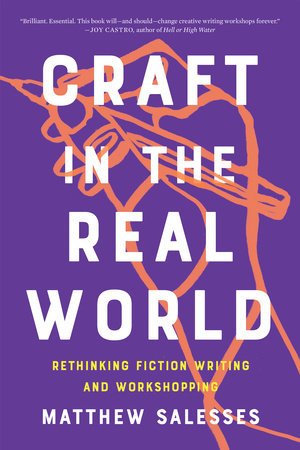
Whose Year? Whose Story?
As we end this year—another profoundly strange, unsettling year—I’ve just finished reading Craft in the Real World by Matthew Salesses. It made me want to weep and cheer in turn, sometimes at the same time. It spoke to so many memories I have of my own experiences with fellow writers, agents, and editors, and of having to push back for too many years against common expectations of what a story is and what shape it should take.
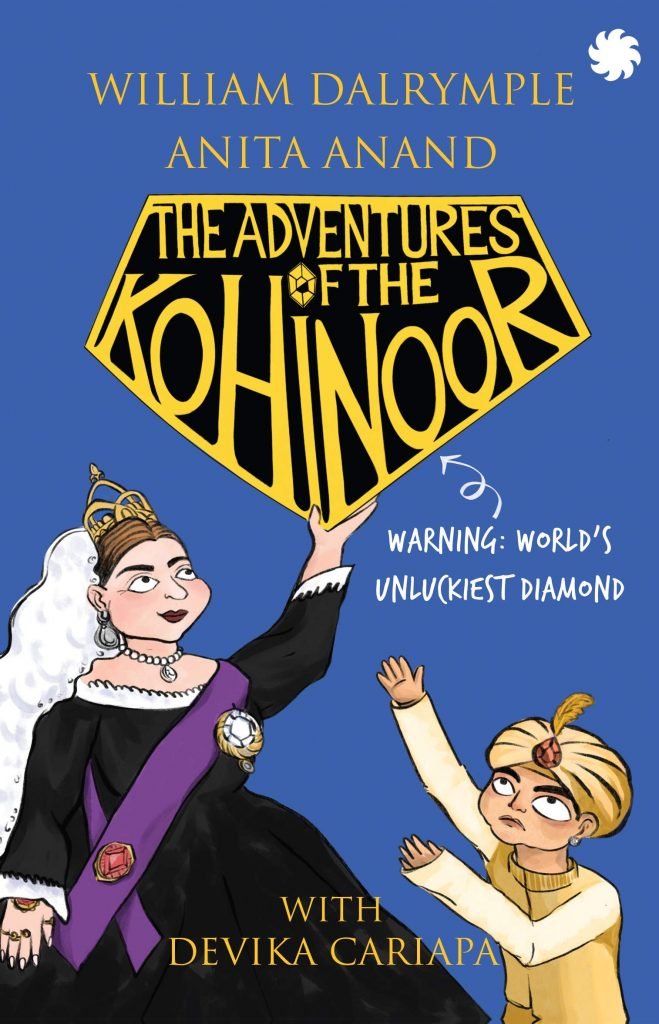
Warning: World’s Unluckiest Diamond
I have long been a fan of William Dalrymple’s books. I very much enjoyed reading the authoritative and wide-ranging history he co-authored a few years ago with Anita Anand, Koh-I-Noor: The History of the World’s Most Infamous Diamond.
I wondered at the time if a book for children might some day be drawn from this material. It seemed like an obvious reach and something likely to fuel middle-grade curiosity.
Now, here it is.

Process talk: Amy Alznauer on The Boy Who Dreamed of Infinity
I read Robert Kanigel’s biography of Ramanujan years ago and very much hoped that one day, someone with facility in both math and language would write a children’s book about his remarkable journey. I’m so thrilled to see what Amy Alznauer has done now in her picture book biography, The Boy Who Dreamed of Infinity. I’m delighted to speak to Amy about her beautiful book..


Process Talk: Padma Venkatraman on Born Behind Bars
I’ve been meaning to talk to Padma Venkatraman for a long time. Padma is the multi-talented author of books like The Bridge Home, A Time to Dance, and Island’s End, and a former oceanographer who brings the richness of her life experience to her work.
This lightly edited transcript is drawn from our conversation.

Through an Anthropologist’s Fictional Lens
I don’t usually reprint content from other sites and I rarely go far from the thing I care most about, literature for children. But I found this short story in Sapiens oddly moving and poetic. I liked its use of language, the way it circles back on itself, creating oppositions (nobody knows and everybody knows) and the impact it delivers in the very last lines.

Guest Post: Writing in Ida’s Footsteps by Anastasia Magloire Williams
Thanks to SLJ’s Day of Dialog, I had the privilege of being on a nonfiction panel with Anastasia Magloire Williams, whose text for the It’s Her Story series title on Ida B. Wells from Sunbird Books marks her debut as a graphic format writer. I invited Ana to write a guest post about writing this book. What follows is the account of a writer engaging with her subject with humility, integrity, and a loving heart.
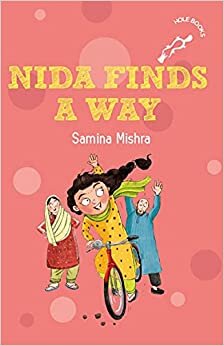
Process Talk: Samina Mishra on the Agency of Children
Here’s my continuing conversation with writer and filmmaker Samina Mishra.

Process Talk: Samina Mishra on Being an Ally to Children
I first encountered Samina Mishra’s work when I read Hina in the Old City. It’s a picture book about the life of 10-year-old Hina who lives in the old walled city of Delhi and comes from a family of zardosi, traditional embroiderers. I was struck by the warmth of the writing and the careful attention to the small details of a child’s life. Years later, Samina’s still writing into the heart of reality with compassion and heart. I’m delighted to be talking to her about her latest books from Penguin India.

Process Talk: Nadia Salomon on Goodnight Ganesha
When I heard about Nadia Salomon’s new picture book, Goodnight Ganesha, illustrated by Poonam Mistry, I knew I had to talk to Nadia about it. After all, it was Ganesha who showed me the way to writing for children with the publication of The Broken Tusk.
Also, the name of this blog practically demands this conversation.



